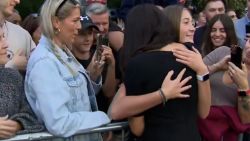Programming note: No royal wedding invitation? Not to worry. You can stream every moment on your mobile phone, laptop, or wherever you get CNN, starting at 5 a.m. ET on Saturday, May 19.
When an American actress marries a prince, the world watches. And Meghan Markle, who is soon to wed Britain’s Prince Harry, is not the first.
On April 4, 1956, hundreds of journalists gathered at New York’s waterfront to catch a glimpse of Grace Kelly as the Oscar-winning actress boarded the ocean liner that would take her to Europe – and to the man she was engaged to marry, Rainier III, Prince of Monaco.
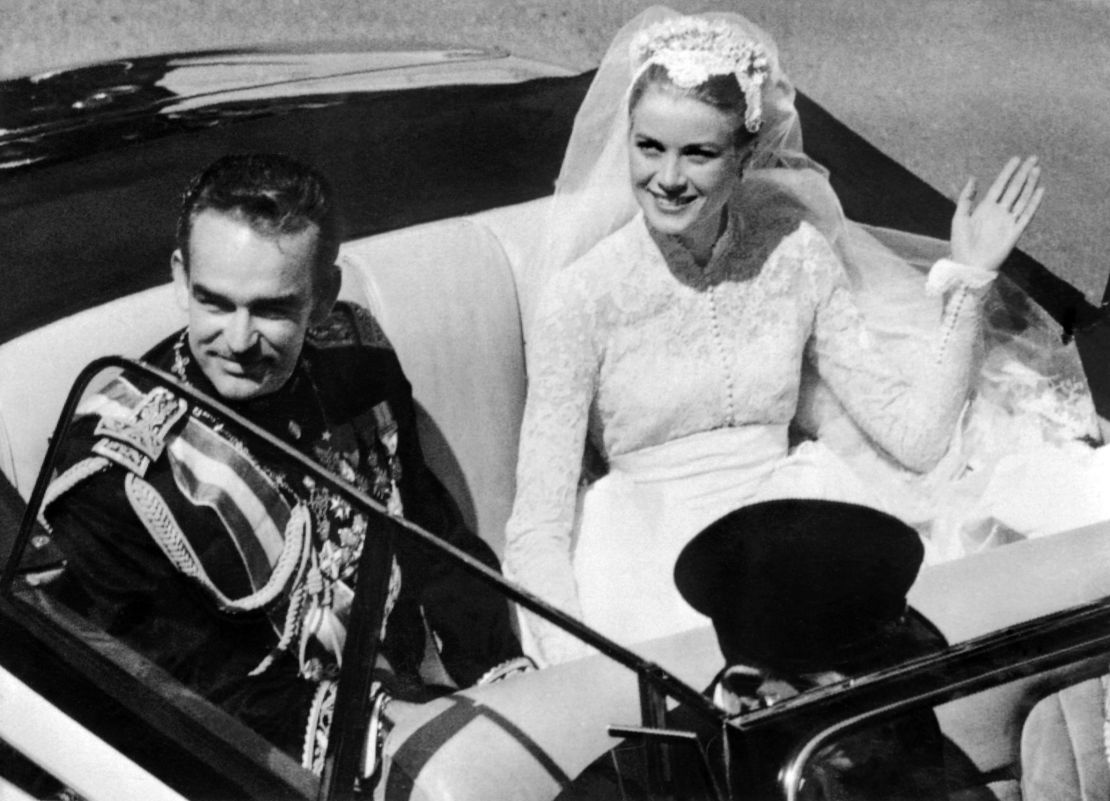
“It was the harbor’s biggest shipside news conference in 30 years,” writes Robert Lacey in his biography of Kelly. “The whole country was mesmerized.”
The couple’s fairy-tale wedding two weeks later was broadcast to over 30 million television viewers in Europe alone, according to Lacey.
More than six decades on, a similar fairy tale is mesmerizing people around the world. Unlike Kelly, Markle will not officially become a princess, but to most, that hardly matters.
Like Kelly, Markle is described as passionate and beautiful – and a woman who knows what she wants.
What else does she share with America’s most famous princess bride?
Related: The Royal Wedding: Harry and Meghan
The outsider
Markle, 36, is no stereotypical princess. She’s American, divorced and biracial (she has an African-American mother, Doria Ragland, and a white father, Thomas Markle).
She grew up in Los Angeles, 2,700 miles from Kelly’s home city of Philadelphia. But her school, Immaculate Heart High School, a Catholic school for girls, was just a short walk from the Hollywood studios that propelled Kelly to stardom.
Both acted from a young age and forged successful on-screen careers before crossing an ocean and entering an entirely new world.
Related: Meghan Markle is royal family’s unconventional bride-to-be
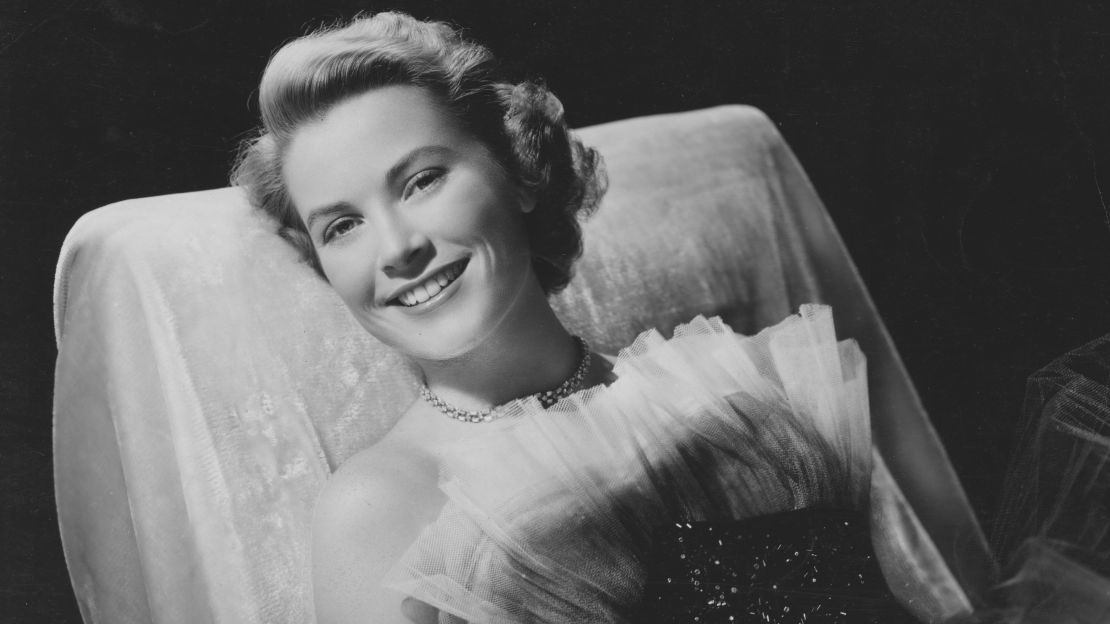
“Meghan is an outsider (in the royal family), and I think that’s only a good thing,” says Anna Whitelock, royal historian at Royal Holloway, University of London. “She has a unique perspective.”
Kelly, who was just 26 when she married her prince, reportedly struggled to feel accepted by Monaco’s high society, and some of its royals.
“Grace Kelly came up against the established traditions that existed in Monaco,” says Carolyn Harris, royal historian and author of the book “Raising Royalty.”
“Both as a foreigner and as an actress, she found she inadvertently offended people.”
In contrast, Harris sees Britain’s royals making a big effort to create a supportive atmosphere for their newest member.
Markle herself has spoken of the warm welcome she has received from Prince Harry’s family.
“The family has been great,” she said in a joint interview with her fiancé, filmed and broadcast on the day they announced their engagement, adding that she was starting to feel “a part of not just the institution but also part of the family.”
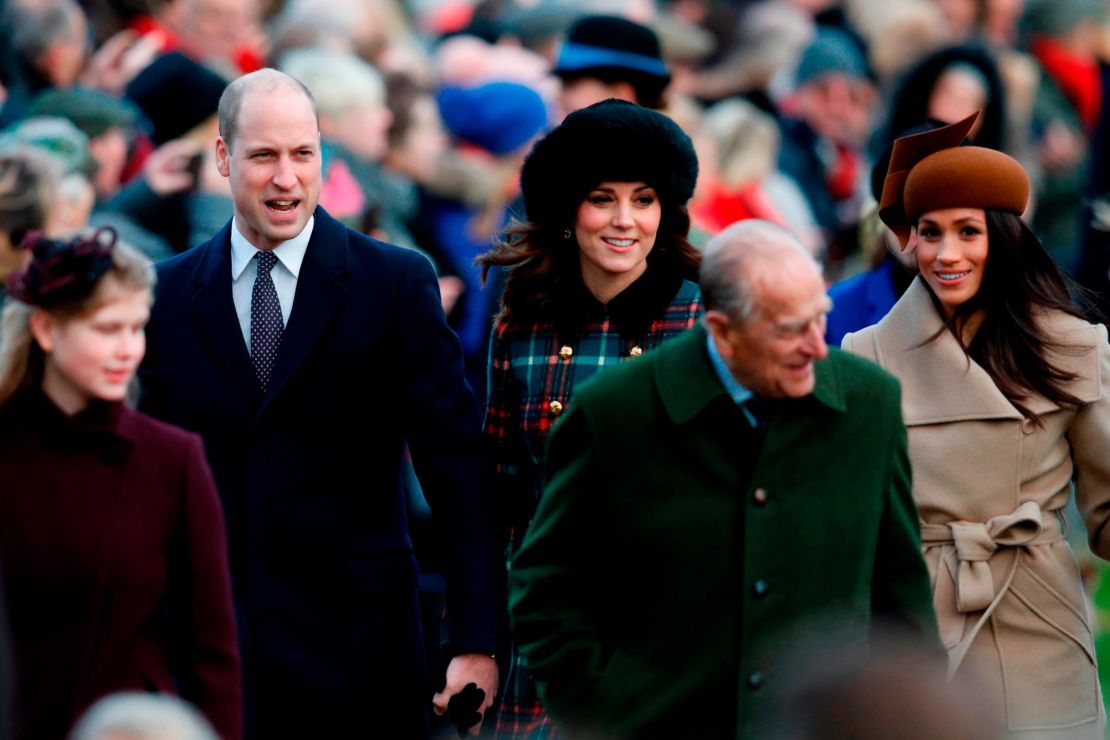
Harris attributes this difference mostly to cultural shifts.
“This marriage gives a sense of just how much social and cultural change has taken place over the course of Queen Elizabeth’s life,” says Harris. “The royal family is now much more inclusive in terms of who can be a member.”
Whitelock believes Markle, as an outsider, can help push that process even further – and likens her to Harry’s mother, Princess Diana, in that regard.
“Diana held a mirror up to (the royal family). She forced them to change and modernize and look outwards. I think Meghan will also be a force for good.”
Related: What Meghan Markle tells us about the modern British monarchy
The actress
“Princess or actress – take your choice,” Lacey writes in his biography of Kelly. “Grace could not be both.”
While Markle has not reached the same heights as Kelly – who starred in 11 movies and won an Oscar for her performance in “The Country Girl” (1954) – she has built a successful career as an actress, most notably starring as Rachel Zane in seven seasons of television drama “Suits.”
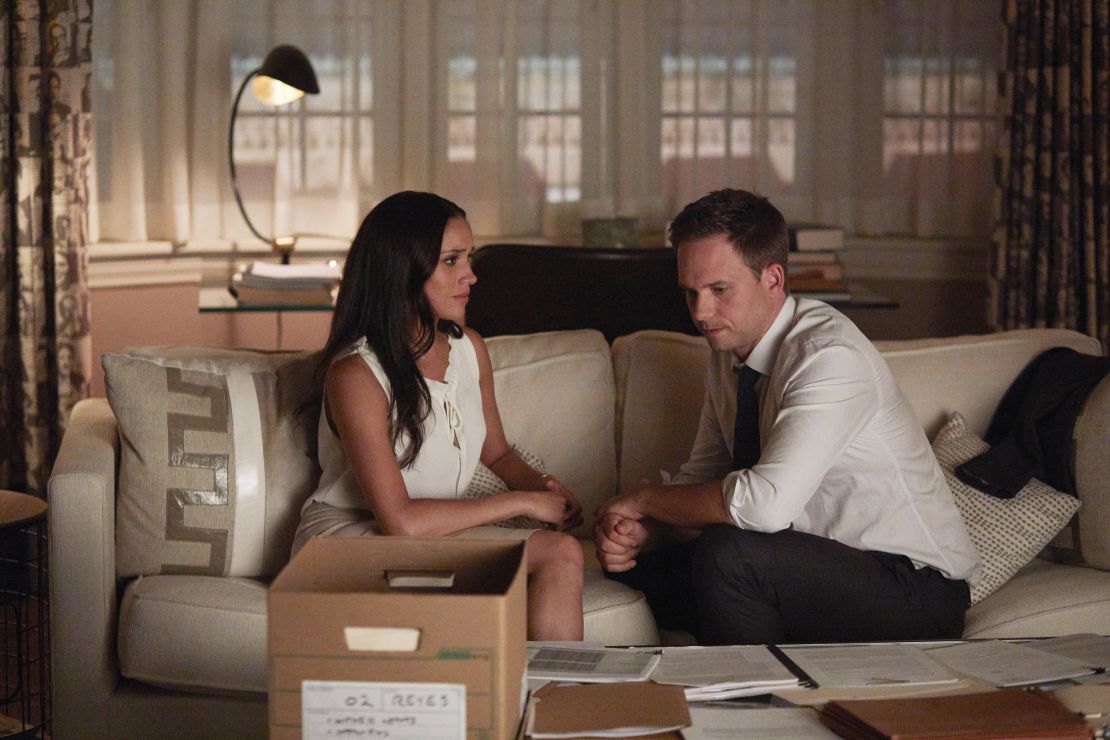
But for Markle, like Kelly, relinquishing that career was a step on the path to becoming a royal. While Kelly reportedly seemed reluctant to wholly give up her former life and later tried to return to acting, Markle has spoken positively of the shift.
“I don’t see it as giving anything up, I just see it as a change,” she said in the engagement interview. “It’s a new chapter.”
Harris says Markle’s experience in the world of celebrity will help both her and the royal family in the transition process. “She’s used to being in the public eye and that’s an asset for the royal family,” she says.
But Meghan still faces a big transition, Whitelock says. “She comes from a very different world – a world of Hollywood and celebrity and acting,” she says. “There will need to be a pivot on her part from promotion of Meghan Markle to promotion of the monarchy and the royal family.”
Related: Meghan Markle’s wedding dress: The shortlist
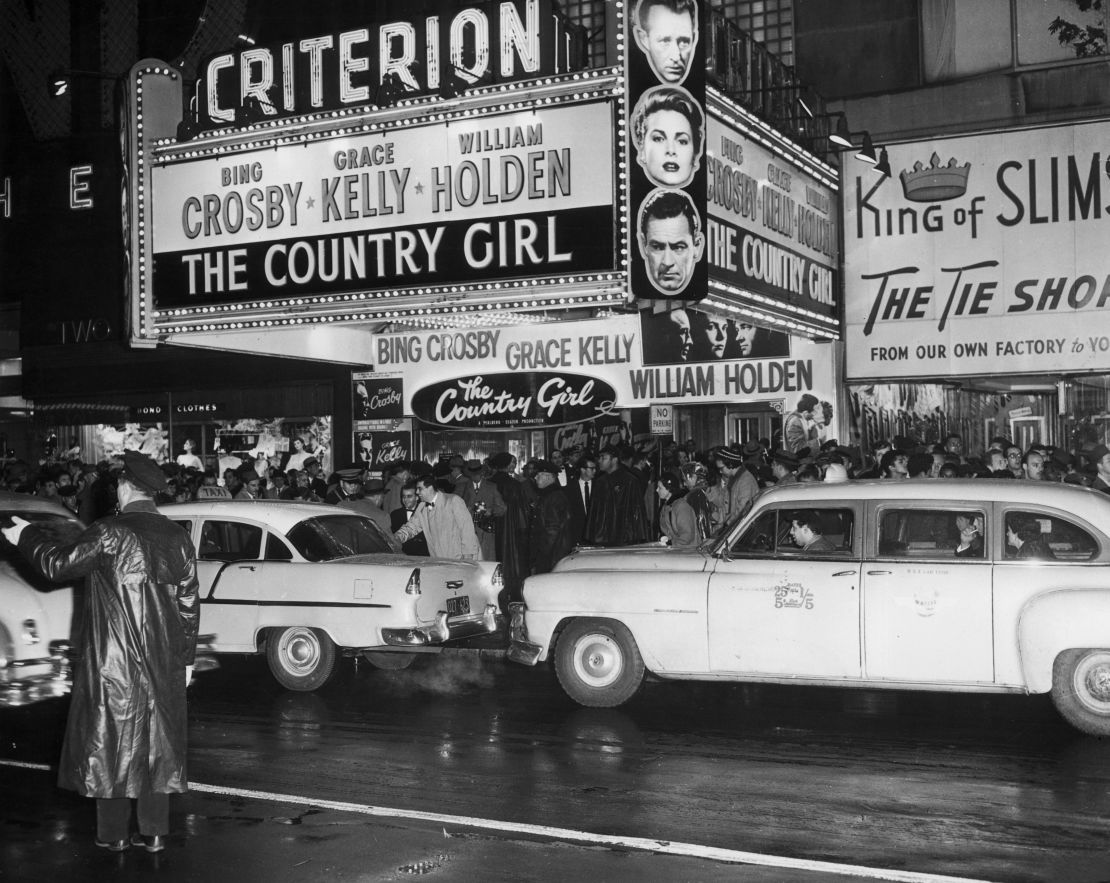
Lacey’s book suggests Kelly found that process a challenge. And, as Markle has also remarked, a headline-making career as an actress does not prepare a person for the scrutiny and press attention faced by a princess.
“As na?ve as it sounds now, I did not have any understanding of just what it would be like,” Markle said in November, adding with a nod to her fiancé: “I don’t think either of us did.”
As Harry’s wife, Meghan will never be off the press radar – especially if the couple start a family, as they say they intend to. “They will have to try to strike a balance between public and private,” says Harris. “There will be tremendous public fascination if they have children.”
The feminist
Talking to Lacey, actress Rita Gram described Kelly as “one of the first independent women in America… She left her home, she earned her own living, she made the bed.”
The biography tells of a woman who sought to be self-sufficient and self-determining, a daunting prospect in 1950s America. While many battles for female independence have since been fought and (largely) won, Markle shows a similar disinclination to bow to patriarchal norms.
“She’s a mature, very independent, very articulate woman,” says Whitelock, who notes that Markle spoke more than her fiancé in their engagement interview and showed great self-assurance. “It’s a partnership of equals.”
Related: Will Meghan Markle become the royal family’s silent feminist?
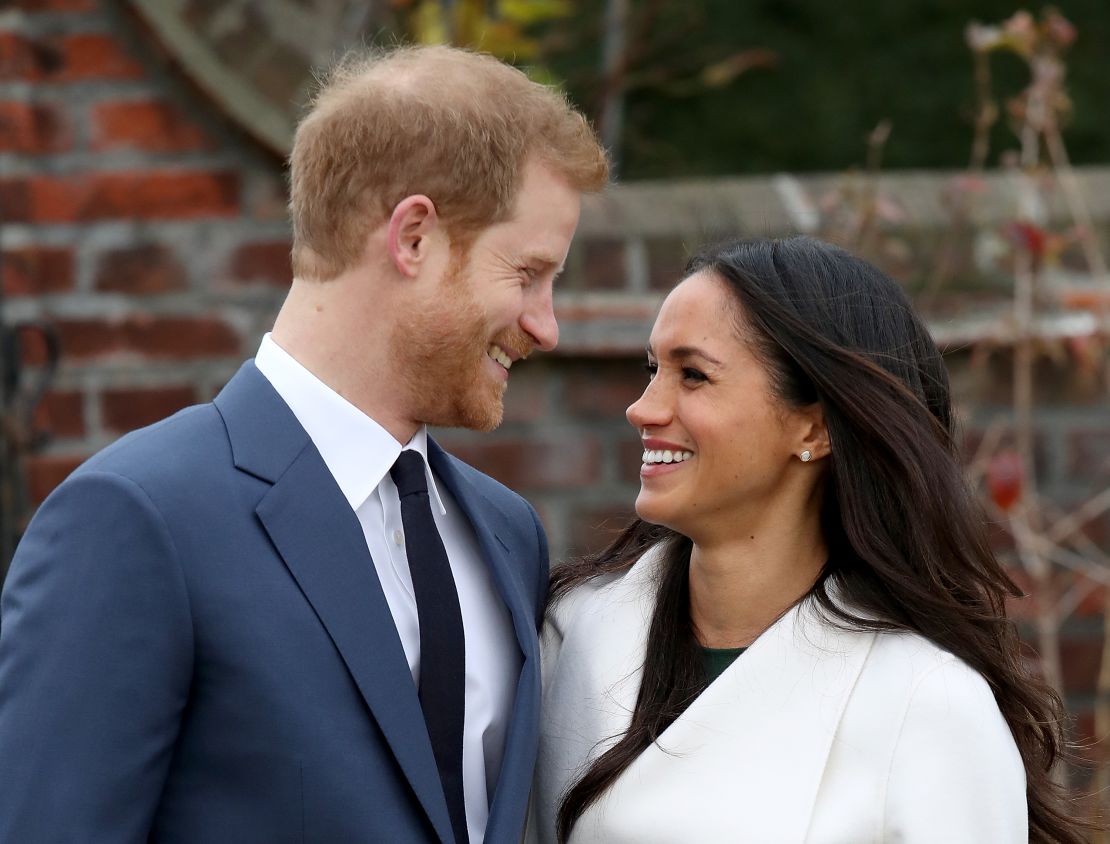
Markle has also been a vocal advocate for gender equality since childhood and in February declared her intention to “hit the ground running” with her work to empower girls and women across the UK.
Indeed, with the passage of 60 years and the accompanying cultural shifts, “Princess” Meghan finds herself with far more freedom than Princess Grace, both as an individual woman and in her female advocacy projects.
Of course, Kelly was marrying the monarch, while Markle will be wife to a man who is unlikely ever to be king (Harry is sixth in line to the throne). Markle can speak, dress and act more freely than her Philadelphian counterpart.
“Grace saw her royal duty as being the model corporate wife to her husband,” wrote Lacey. And later: “She was very good at smiling, at being dignified and stylish… But that, Grace now knew, was just about all that being a princess had to offer.”

While Markle will have scope to be far more than her husband’s accessory, she does also face a raft of unavoidable new restrictions and protocols. “Her entire life will be scheduled well in advance,” says Harris. “That reduces the scope for spontaneity.”
And what Markle can say – and where – is now much more limited. “Her days of winning fans by documenting her life on a blog are over,” Whitelock observes, adding that the act of closing down her lifestyle website The Tig last year “is indicative of a bigger closing down.”
The humanitarian
Lacey recounts how Kelly threw herself into charitable work in the years after her wedding, making frequent visits to Monaco’s orphanages, hospitals and homes for the elderly, becoming president of Monaco’s Red Cross and founding a charity that lobbied for the rights of children.
For decades, royals across the world have used their unique position to shine a spotlight on particular causes – and the UK’s young royals are no different. It’s a role Markle is well prepared for.
In 2016 she became a global ambassador for World Vision and traveled to Rwanda to see the impact of the charity’s clean-water initiatives. A year earlier, she was named the UN Women’s Advocate for Political Participation and Leadership.
Whitelock believes Markle is showing the right character for charitable work too. “She’s shown a real sense of ease with people. She doesn’t have the kind of stuffiness or the nervousness of the other royals on their early outings… She will reach out to people.”
Related: Sorry, Americans, you still can’t call her ‘Princess Meghan’
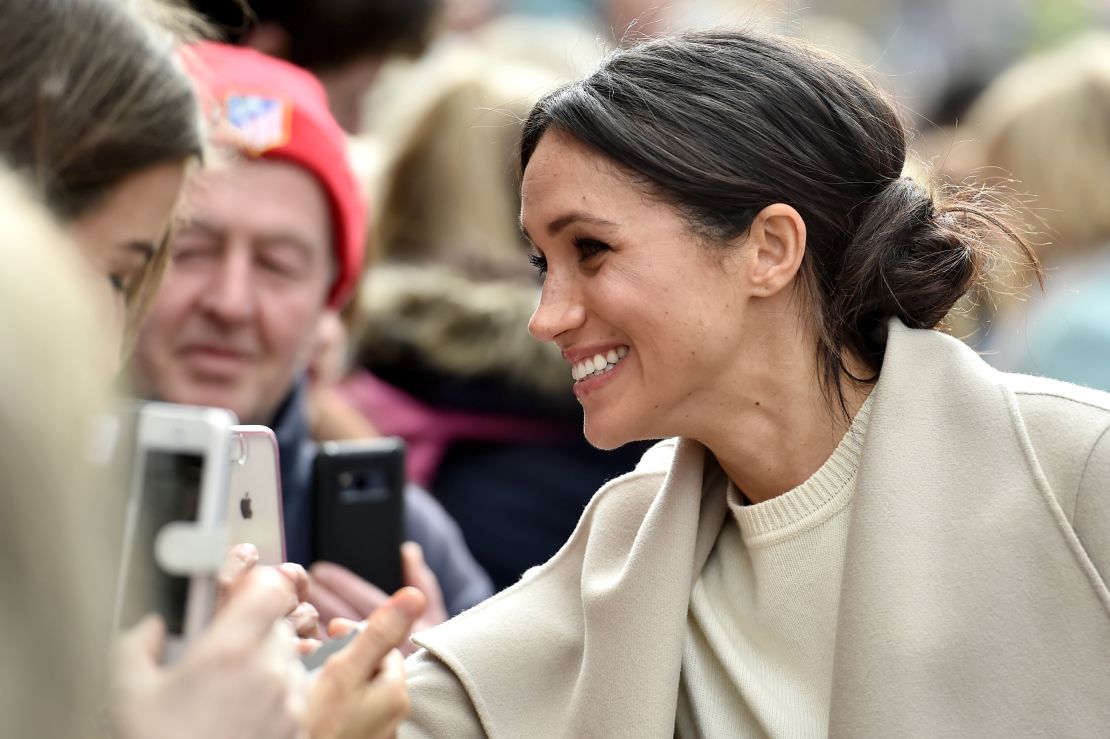
And while Kelly seemed to do most of her charitable work alone, Harry and Meghan are clearly planning a joint assault on the world’s problems.
“It was really one of the first things we connected on,” Markle recalled in the engagement interview. “One of the first things we started talking about when we met was just the different things we wanted to do in the world and how passionate we were about seeing change.”
“That’s what got date two in the books,” she added, smiling.
And since “date two,” back in July 2016, the pair have had a lot of time to get to know each other, to become the “fantastic team” Harry says they are, and for Meghan to acclimatize to the reality of her new role.
Markle “is entering this open-eyed,” says Whitelock. “She’s coming to this as a very well-equipped princess.”



